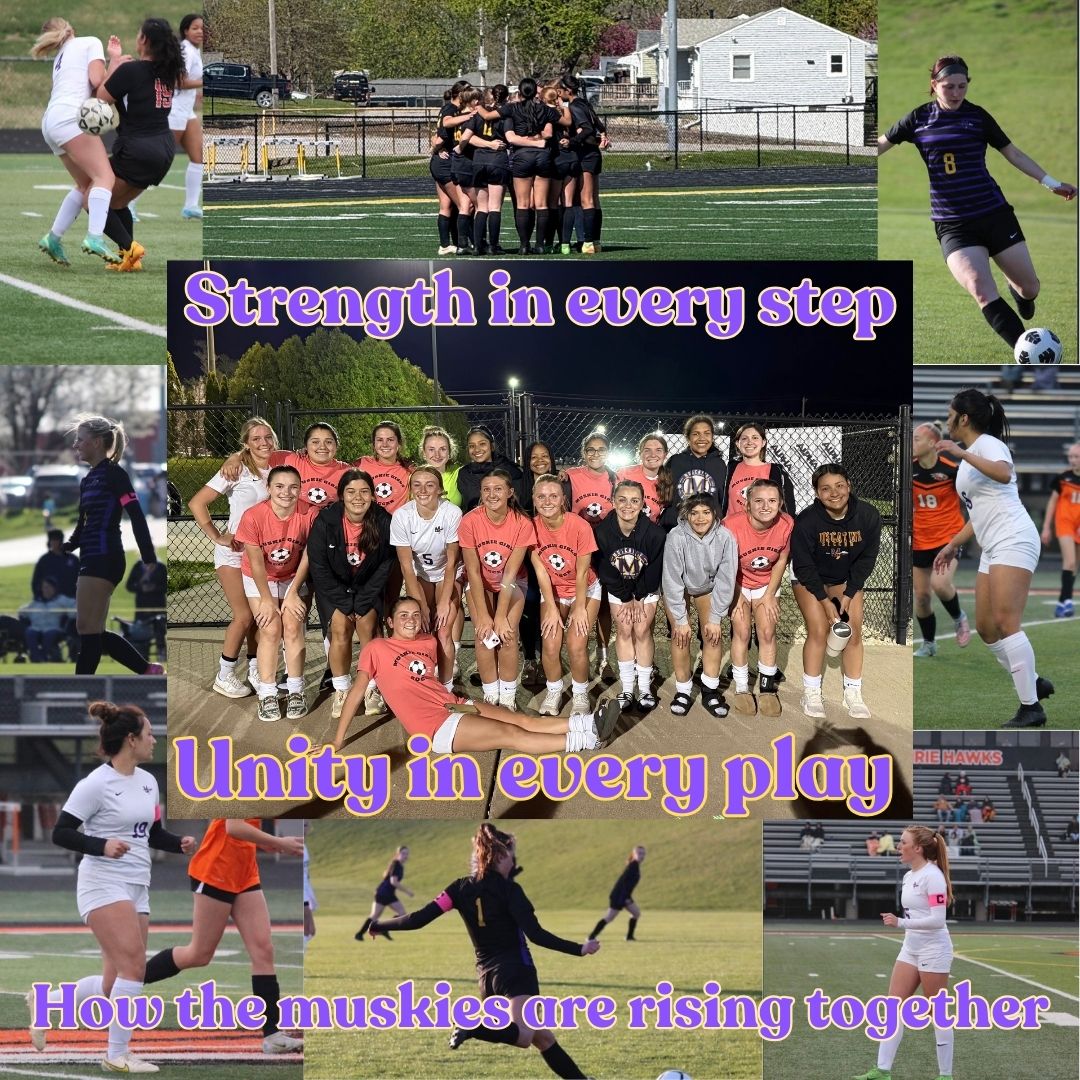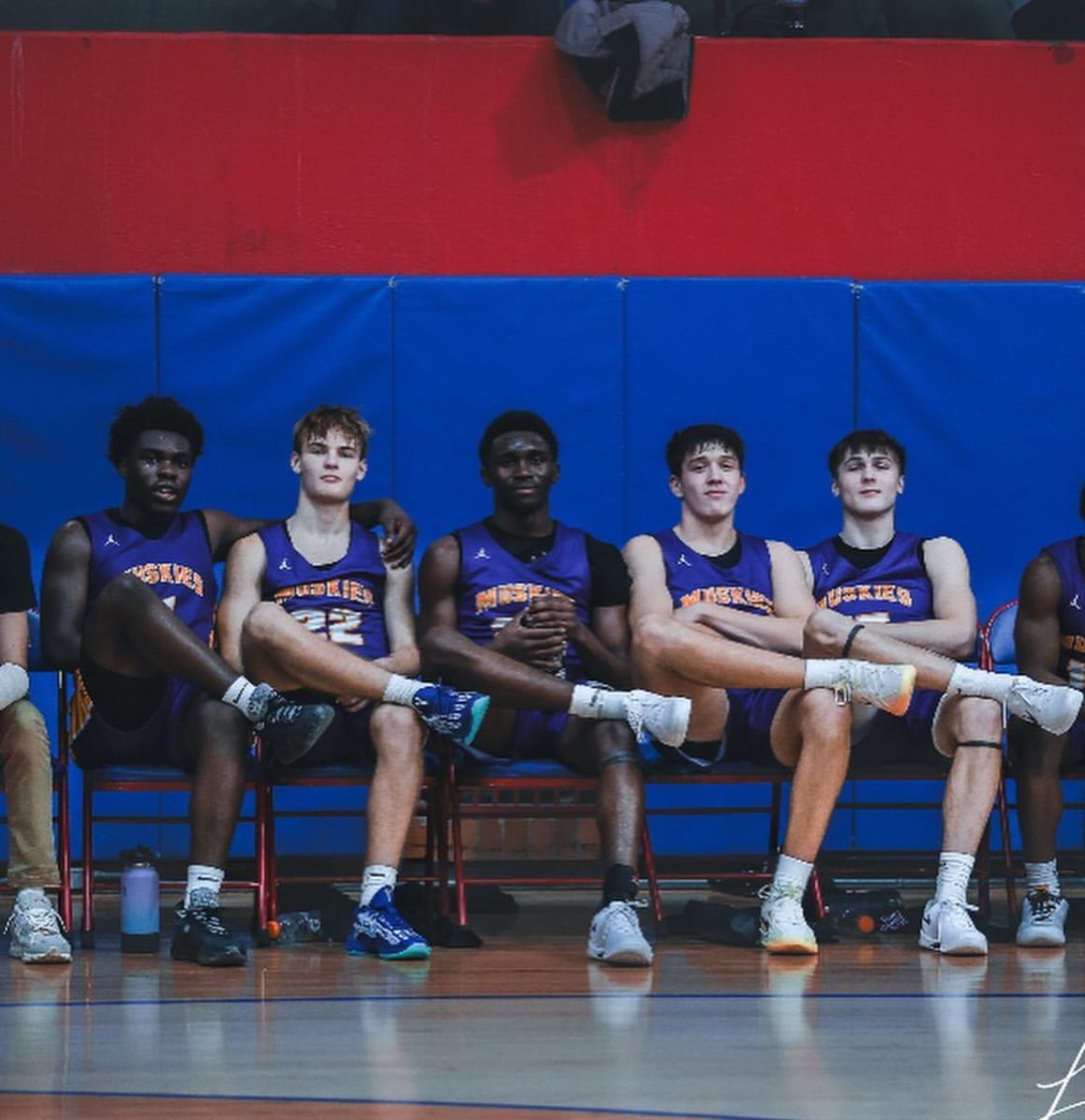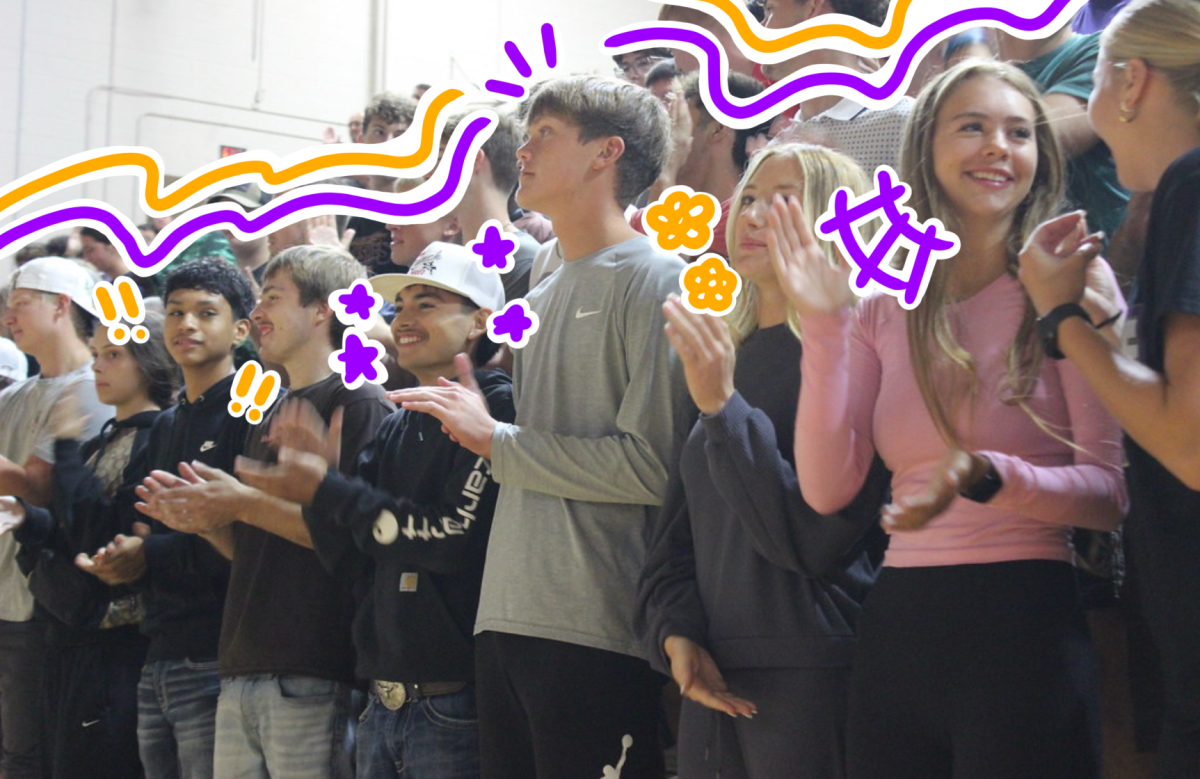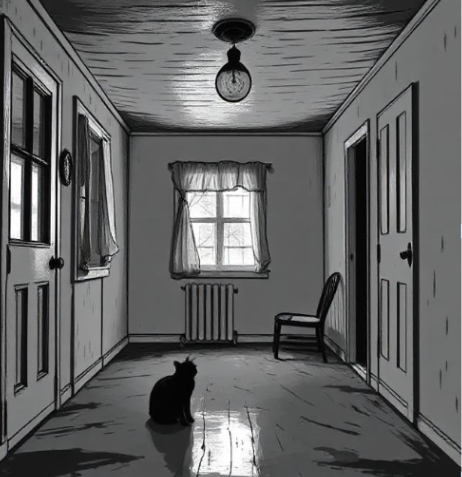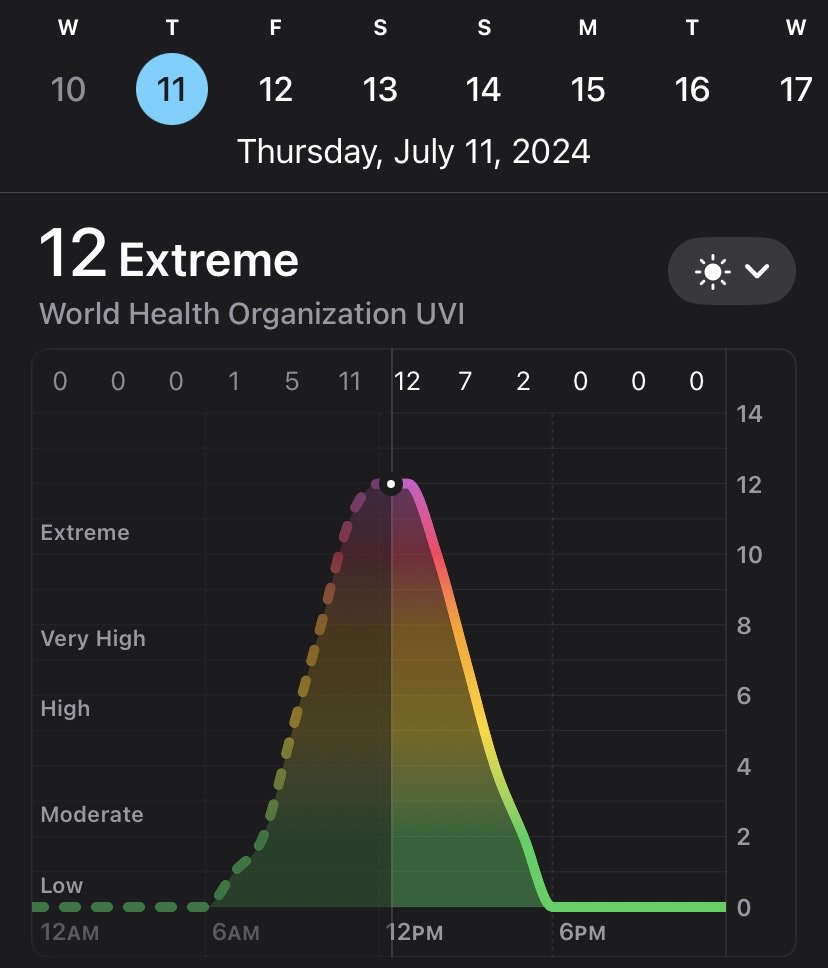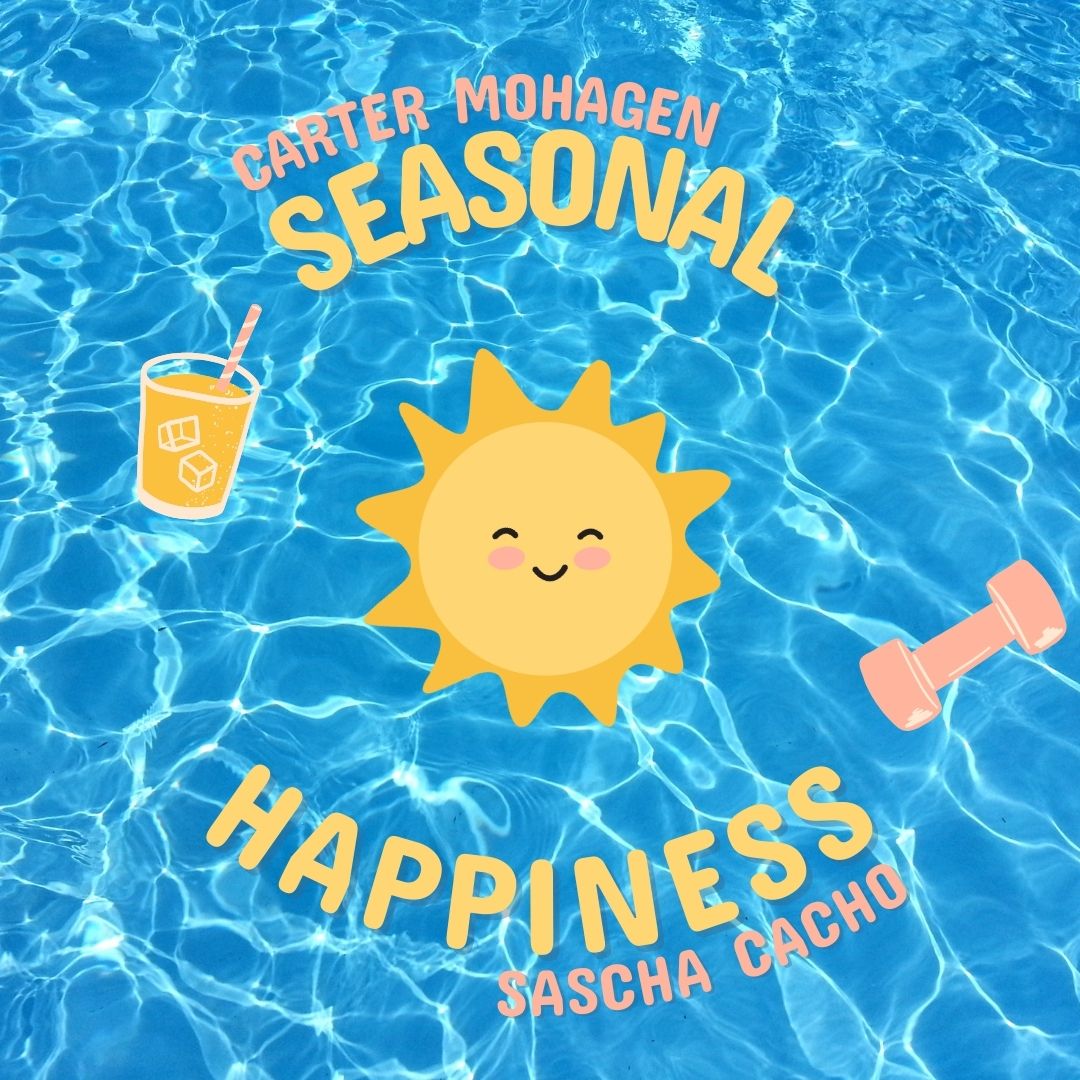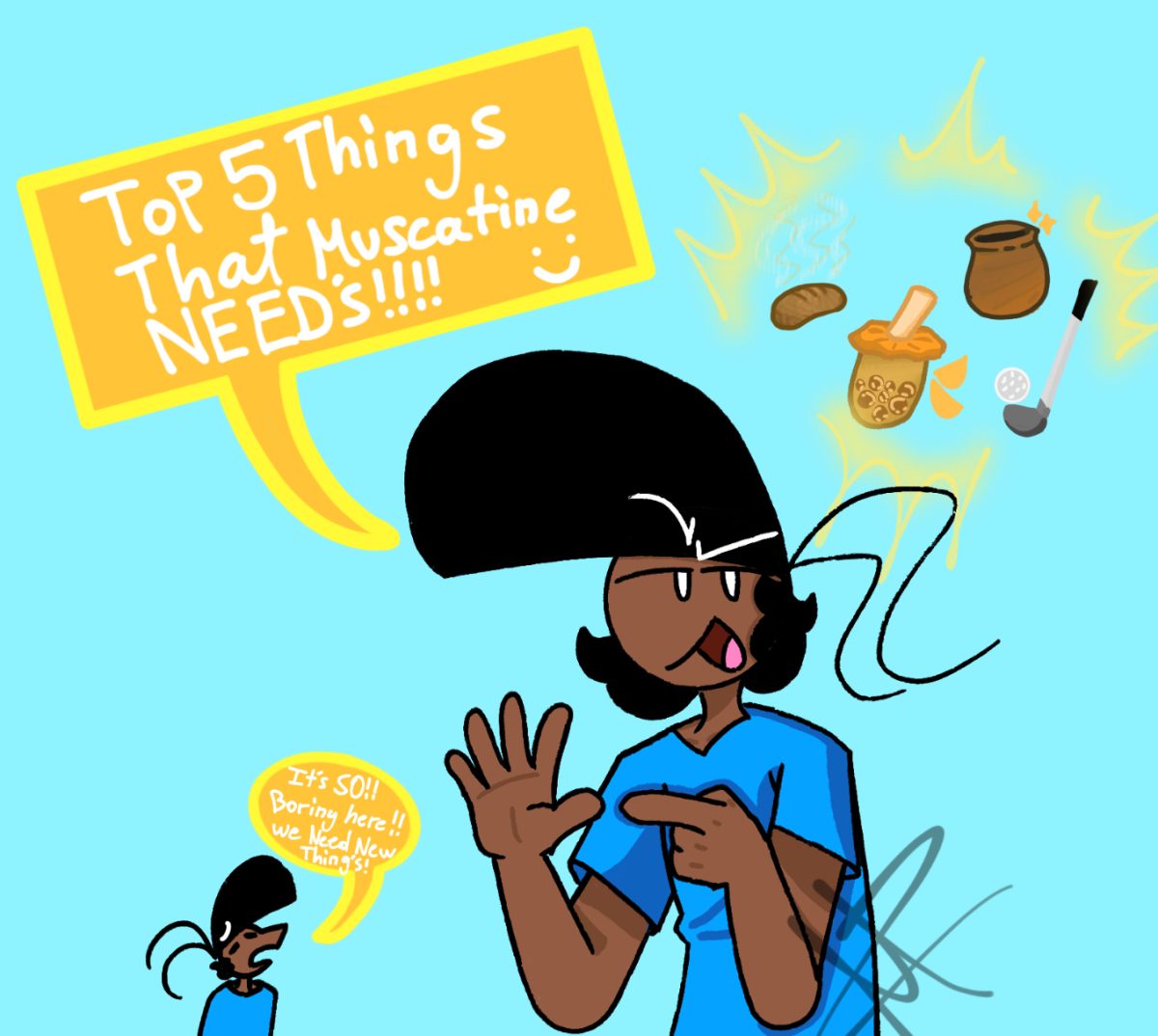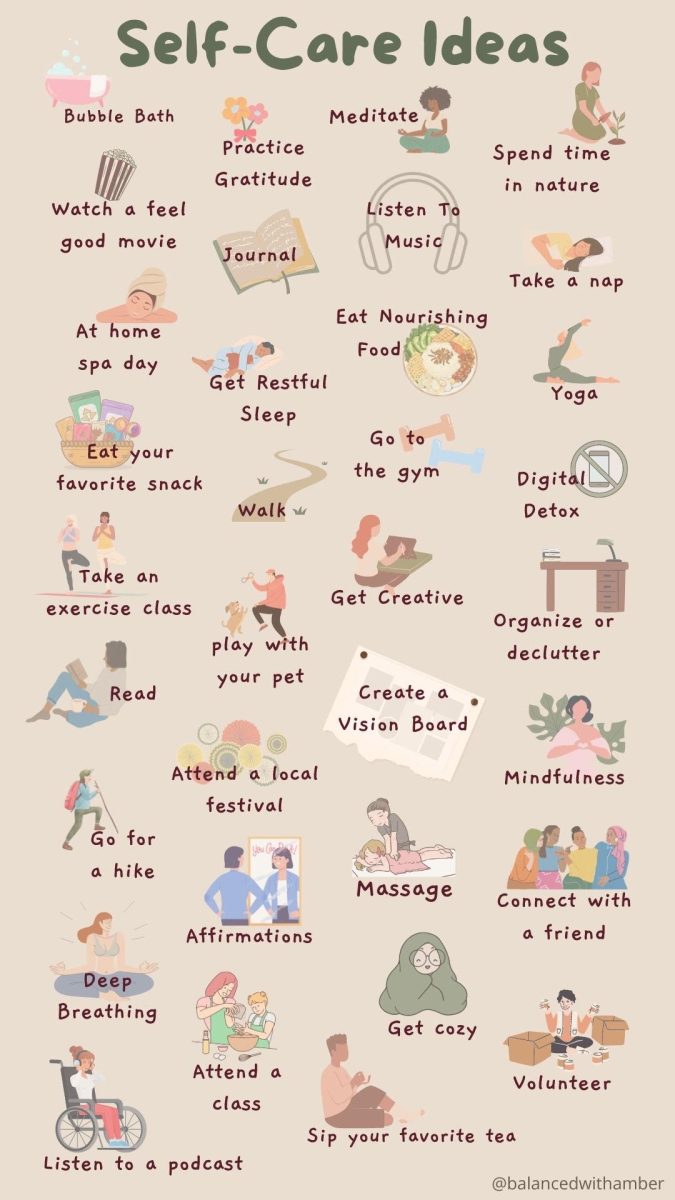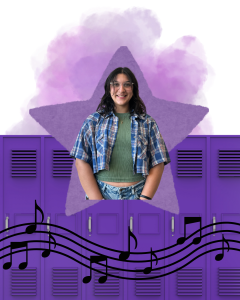Is Senioritis Real?
May 30, 2023
The class of 2023 is starting to say their goodbyes to MHS. With graduation day being only two months away, Senioritis is becoming more and more apparent. No, Senioritis is not a disease or sickness for old people, it is a supposed affliction of students in their final year of high school characterized by a decline in motivation or performance.
“Senioritis happens during the second semester of Senior year. It’s basically just when Seniors do the bare minimum,” said Maura Chalupa, Senior at MHS.
Though senioritis can seem silly, the condition seems to consistently affect seniors each year.
“I heard the Seniors last year talking about Senioritis and I didn’t think it was going to happen, but it is a thing,” said Maggie Halloran, Senior at MHS.
Instead of working in the present, Senioritis makes it so the Seniors are only focusing on the future. Most Seniors already have their plans for next year set in stone, so they tend to put themselves in cruise control.
“It happens because we are going to college and starting a new adventure. I think we are all just so ready to begin our new journey and leave the high school,” said Maura.
But what does it look like from a teacher’s perspective? 12th grade teacher, Pam Cantrell, shared that she thinks Senioritis stinks.
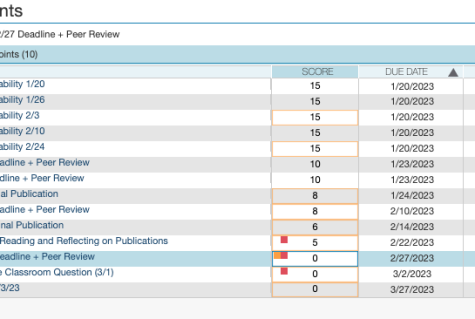
“There is a positive and a negative side of Senioritits. I relate it to when teenagers around 16 or 17 begin to be irritated by the things their parents tell them to do. That’s completely normal. It means they aren’t going to live there forever. Senioritis is similar to that. Seniors are beginning to become irritated with being in the building and they are excited for their next step in life, and I am excited for them,” said Mrs. Cantrell.
“The part that stinks is attendance slides, attention to detail on assignment slides, and sometimes assignments don’t even get turned in at all,” said Mrs. Cantrell.
Something that helps Mrs. Cantrell notice Senioritis in her students, is the fact that she teaches multiple grades. Overseeing multiple grades helps her identify the decline in motivation, and think of solutions for her senior students.
“That’s the good thing about teaching both 10th and 12th grade. I see most of my students more than once in their high school setting. This helps me know what they are capable of and I have a certain expectation as to how they should have grown,” said Mrs. Cantrell. “When I see that the quality of their work is not up to what I’m used to for that student, it’s a red flag.”
Mrs. Cantrell shared that she would hate it if her last experience with a student was a negative one. Every Senior’s experience is different, and some teachers have to resort to extreme measures. Mrs. Cantrell’s goal is to get all of her Seniors to graduate.
“The thing I find myself saying a lot is, ‘I know I may sound crabby right now, but I want to hear your name in May,” said Mrs. Cantrell.
To meet this goal, Mrs. Cantrell has different ways that she helps her students overcome Senioritis.
“I try to make assignments a little more flexible, and I also try to treat them like the young adults that they are,” said Mrs. Cantrell.
At the end of the day though, Seniors need to find ways to overcome the lack of motivation, because Powerschool will continue to be populated with grades.
“I think knowing that graduation is soon is what keeps me going,” said Maura.
As good as planning for the future, maybe don’t let Senioritis interfere with the end goal of high school – graduation.






